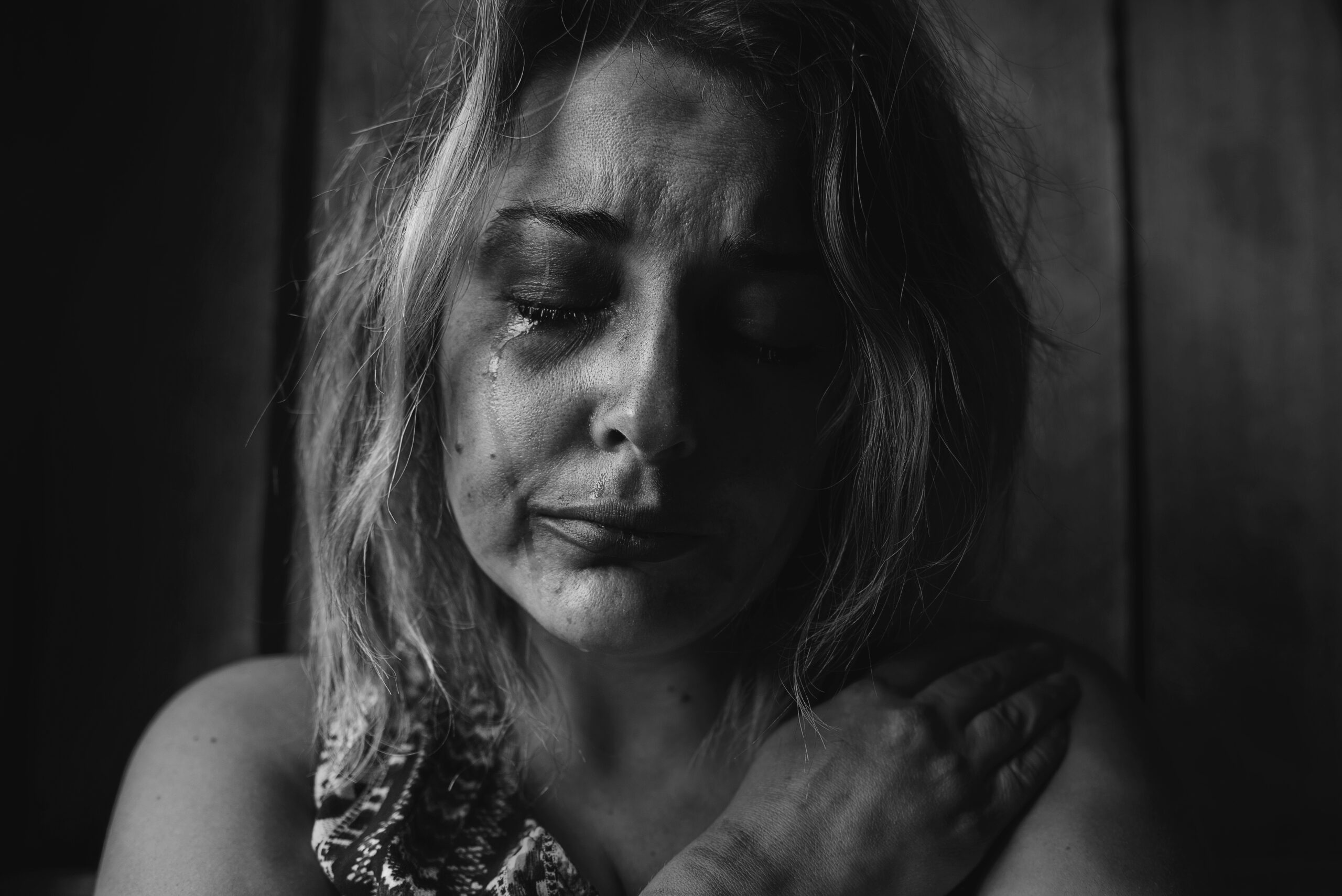Facing Domestic Abuse: What Are Your Legal Options?

Domestic abuse is a serious and pervasive problem in society. Survivors are often left feeling powerless and alone.
With the right information and resources, you can protect yourself and your family from an abuser. You deserve to be safe. Knowing your legal rights is the first step in taking action against domestic abuse.
Keep reading for an overview of your basic legal rights when it comes to domestic abuse. Then follow up by contacting family lawyers in Sydney for specific information regarding your situation.
What is Domestic Abuse?
Domestic abuse is abusive behaviors between individuals in an intimate relationship. The person being abused is often physically, emotionally, or financially dependent on the abuser.
Domestic abuse does not discriminate based on age, race, sexual orientation, or income level. It can affect anyone and can severely damage communities.
Domestic abuse often refers to one specific type of abuse, intimate partner violence (IPV). Many different types of abuse fall under the IPV umbrella.
- Physical abuse – Includes hitting, punching, shoving, kicking, or restraining someone against their will. Physical abuse can also happen when someone uses weapons or other objects to threaten or harm their partner.
- Sexual abuse – Any attempt to coerce or physically force a person to engage in sexual activities. It also includes any sexual act one person does to another without consent.
- Emotional and Psychological Abuse – This can include name-calling, threats, intimidation, and isolating a person from friends or family.
- Financial Abuse – Financial abuse occurs when one partner controls or takes away the other partner’s ability to access or use their own money.
One type of domestic abuse on the rise globally is elder abuse. Elder abuse often involves the designated caregiver and can include any or all types of abuse mentioned above.
A 2017 study found that 1 in 6 elders (age 60 or older) were victims of abuse.
Warning Signs
Many of the signs of abuse are not obvious at first. It can take time to recognize them as abusive behaviors. You may be in an abusive relationship if your partner:
- Controls what you do and who you see.
- Controls your finances.
- Is overly jealous.
- Has a bad and unpredictable temper
- Is physically violent.
- Name-calls, shames or puts you down.
What should you do if you are concerned that you or a loved one is experiencing abuse?
Making a Safety Plan
A safety plan is a customized strategy for keeping yourself and your family safe from domestic abuse. When creating a safety plan, some questions include: Who can you call for help when you need it? What are your safest places in the home? What can you do to limit the risk of harm?
A safety plan can give you a sense of agency and empowerment in the face of abuse.
Legal Rights of Domestic Abuse Victims
You can take legal action against an abusive partner in a number of different ways. Let’s go over a few of them below.
Protective order – Protective orders are available in many countries and can be applied for in criminal or civil court.
Restitution – If your abusive partner has financially harmed you, you can apply for restitution, which requires your abuser to pay you back.
Criminal charges – You can file a police report and press charges against your abuser.
If you are in imminent danger, you can go to a police station or hospital emergency room and ask the police or staff to file a report on your behalf.
Available Resources for Victims of Domestic Violence
If you find yourself in an abusive situation, organizations can help you relocate temporarily until the abuse situation is resolved. Victims of domestic abuse can access shelter services regardless of race, sexual orientation, or other identifying factors.
Another option is to contact your country’s Domestic Violence Hotline and find local resources in your area.
Domestic abuse is a violation of basic human rights and a heartbreaking issue. However, many people who experience abuse go on to lead successful, healthy lives. If you are in an abusive relationship, discussing the possibility of taking legal action with a lawyer may be helpful.

Leave a Reply
You must be logged in to post a comment.